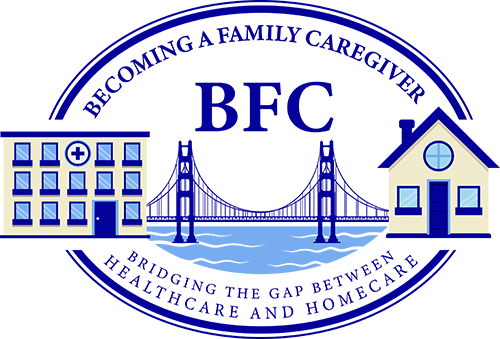Attention Deficit Hyperactivity Disorder
Behaviors
Attention Deficit Hyperactivity Disorder is a problem of not being able to focus (inattentiveness), being overactive (hyperactivity), not being able to control behavior (impulsivity), or a combination of these beyond the normal age-ability of the individual. It affects both children and adults and is on the increase.
Treatment
Treatment includes several options and often involves a combination of medication and therapy. Three primary therapies are available: behavioral, cognitive/behavioral, and family/marital.
The National Resource Center on ADHD, a program for Children and Adults with Attention-Deficit/Hyperactivity Disorder (CHADD®) supported by the Centers for Disease Control and Prevention (CDC), has information and many resources. You can reach this center online or by phone at 1-866-200-8098.
Symptoms of ADHD
Inattentive Symptoms:
- Fails to give close attention to details or makes careless mistakes in schoolwork at work or during other activities
- Has difficulty keeping focus during tasks or play, including conversations, lectures, or lengthy reading
- Does not seem to listen when spoken to directly
- Does not follow through on instructions and fails to finish schoolwork or chores and tasks but quickly lose focus and get easily sidetracked
- Has problems organizing tasks and activities such as what to do in sequence, keeping materials and belongings in order, having messy work and poor time management, and failing to meet deadlines
- Avoids or dislikes tasks that require sustained mental efforts such as schoolwork or homework, or for teens and older adults, preparing reports, completing forms, or reviewing lengthy papers
- Lose things necessary for tasks or activities, such as school supplies, pencils, books, tools, wallets, keys, paperwork, eyeglasses, and cell phones
- Is easily distracted by unrelated thoughts or stimuli
- Is often forgetful in daily activities such as chores, errands, returning calls, and keeping appointments
Hyperactivity and Impulsivity Symptoms
- Fidget and squirm in their seats
- Leave their seats in situations when staying seated is expected, such as in the classroom or the office.
- Run or dash around or climb in cases where it is inappropriate or, in teens and adults, often feel restless
- Be unable to play or engage in hobbies quietly.
- Be always in motion or “on the go,” or act as if “driven by a motor.”
- Talk nonstop
- Blurt out an answer before a question has been completed, finish other people’s sentences, or speak without waiting for a turn in a conversation
- Have trouble waiting for their turn
- Interrupt or intrude on others, for example, in conversations, games, or activities
Helpful Tips for Children with ADHD
- Maintain a daily schedule and routine. Do things consistently every day, such as wake up, eat breakfast, go to bed, get dressed, do homework following the same schedule on the weekend as the weekday. Include times for homework, outdoor play, and indoor activities. Keep the plan on the refrigerator or bulletin board in the kitchen. Write changes on the bulletin board as far in advance as possible.
- Have a place for everything (such as clothing, backpacks, and toys), and keep everything in its place.
- Use homework and notebook organizers. Use organizers for school material and supplies — stress the importance of writing down assignments and bringing home the necessary books to your child.
- Be clear and consistent. Children with ADHD need consistent rules they can understand and follow.
- Give praise or rewards when following rules. Children with ADHD often receive and expect criticism. Instead, look for good behavior and praise it.
Helpful Tips for Adults with ADHS
- Keep routines
- Making lists for different tasks and activities
- Using a calendar for scheduling events
- Use reminder notes
- Assign a special place for keys, bills, and paperwork
- Breaking down large tasks into more manageable, smaller steps to complete each part of the job provides a sense of accomplishment.

